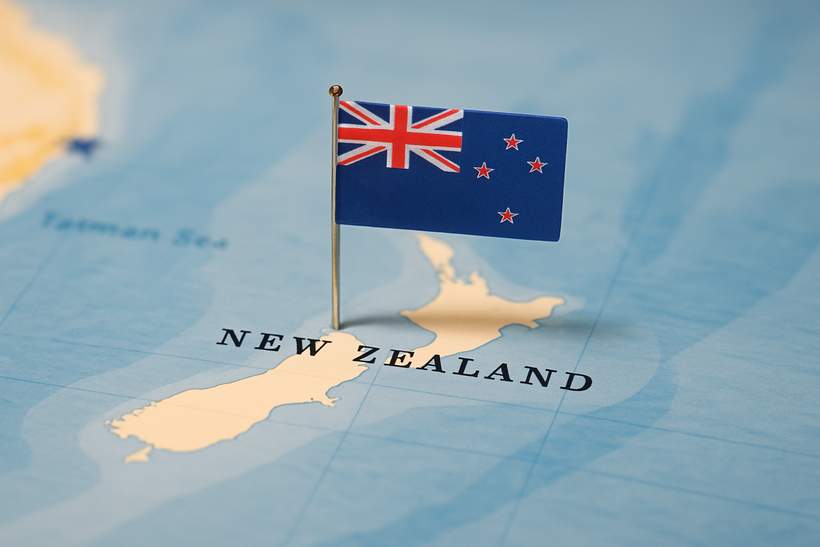NZ Government Maintains Gambling Levy Despite Effectiveness Concerns

New Zealand’s Plan to Combat Gambling Harm
At the beginning of last month, New Zealand authorities unveiled an extensive plan aimed at reducing gambling-related harm. This strategy involves investing over NZD 81 million (approximately $48.93 million) into prevention efforts, workforce development, and support services, marking the country’s most focused attempt yet to tackle problems associated with gambling addiction.
Concerns Raised by the Gambling Commission
Despite the ambitious plan, a recent report from the Gambling Commission raised doubts about the actual effectiveness of the current measures. The commission highlighted that the Ministry of Health has not yet provided compelling evidence demonstrating that the funds collected through the gambling levy are effectively reducing gambling harm.
The commission has repeatedly urged the ministry to show measurable results from its initiatives. Minister for Mental Health, Matt Doocey, also voiced concerns over the slow pace of demonstrating positive outcomes, emphasizing the importance of investments translating into tangible benefits for those affected by gambling.
While the Ministry originally proposed increasing the problem gambling levy by 20.6% for the 2025–2028 period—raising it to NZD 92 million—the Cabinet decided to keep the levy unchanged at NZD 81 million for the next three years. This levy applies to casinos, sports betting, slot machine operators, and Lotto, but does not include online gambling platforms.
Issues Around Levy Use and Operating Costs
The Gambling Commission pointed out that the Ministry of Health failed to conduct the comprehensive strategic review requested in 2022. Chief Gambling Commissioner Susan Hughes KC expressed concern that despite substantial expenditure over time, there is no clear proof that the current strategies have led to a reduction in gambling harm.
Additionally, Hughes criticized how levy funds are being allocated. She noted that while the ministry’s operating costs are set to double, funding for research and the development of new services is expected to decline. The commission also highlighted a significant fall in the number of individuals seeking professional help for gambling issues—from 6,525 in 2013-2014 to 3,615 roughly a decade later—which may not accurately reflect the true situation in the country.
Ministry of Health’s Response and Future Outlook
In response to these critiques, the Ministry of Health explained that their strategy for 2025–28 is informed by both international and local research, incorporating extensive stakeholder consultation. New investments are planned to enhance prevention, early intervention, treatment, and support services.
The ministry also clarified that the rise in operating costs is necessary for implementing the strategy in accordance with the Gambling Act. Several problem gambling organizations, including the Problem Gambling Foundation, support increasing the levy. Melissa Thompson, the Foundation’s CEO, told the commission that the proposed levy increase is modest when compared to the growth in gambling revenue.